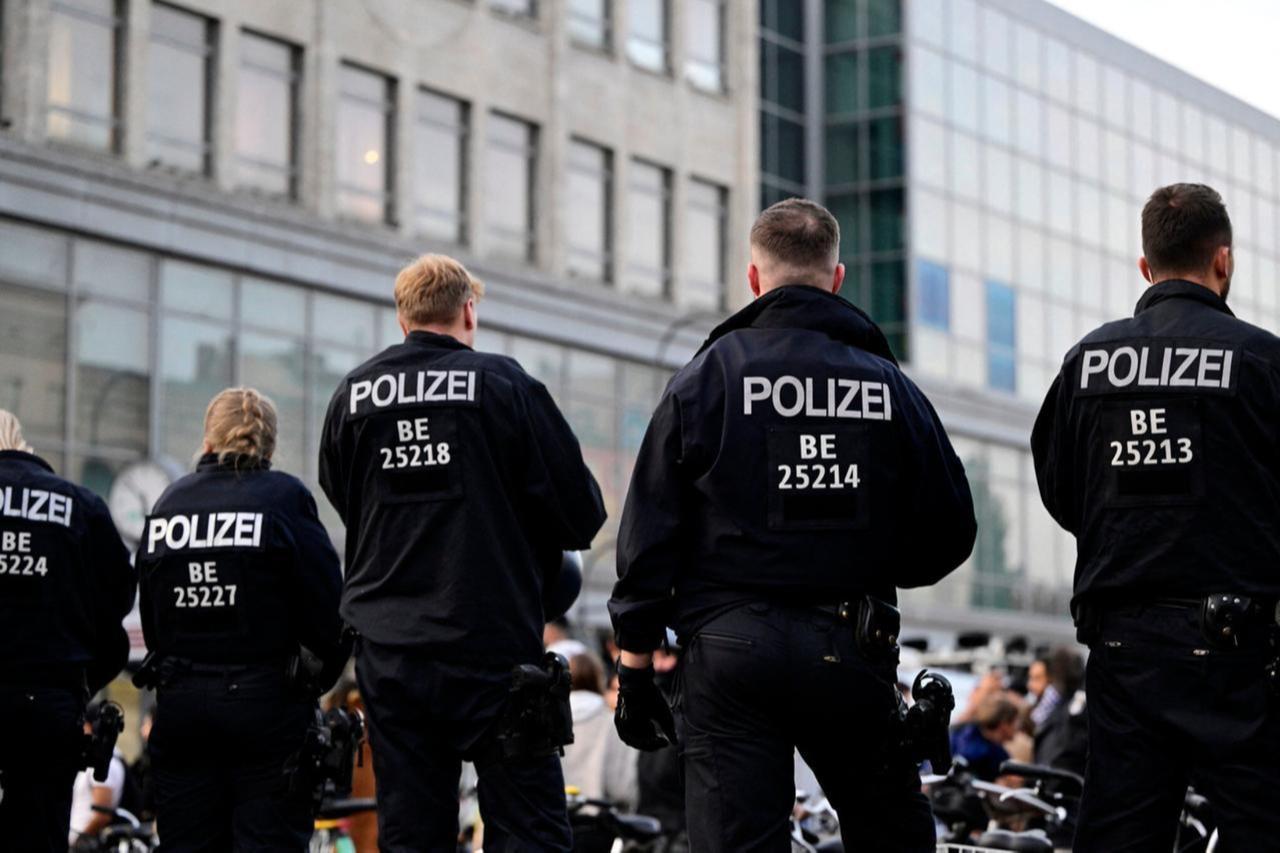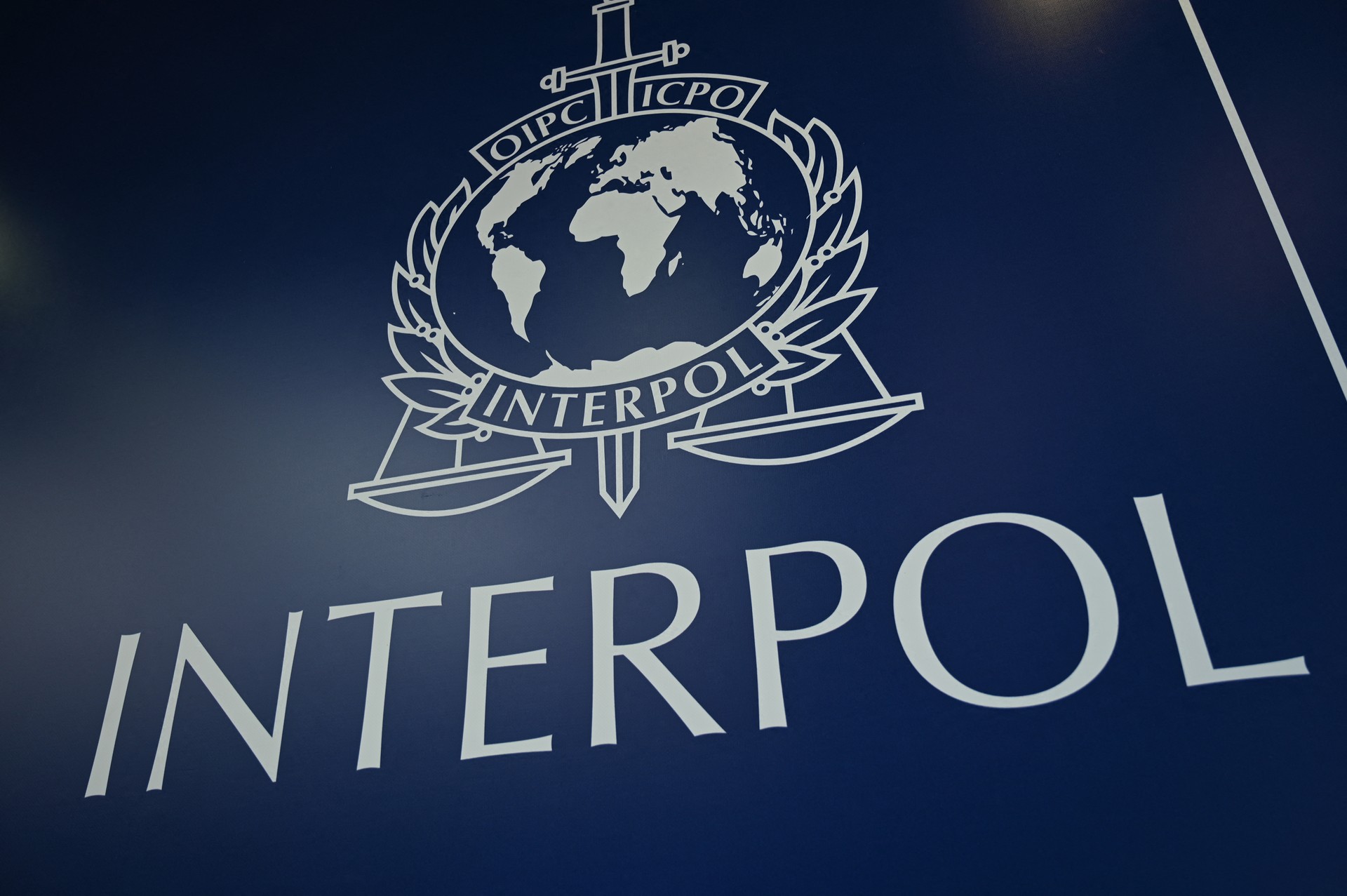
German authorities have released and refused to extradite a suspected leader of the Turkish organized crime group known as "Caspers," raising questions about European cooperation in combating transnational criminal networks that increasingly operate across borders.
Ismail A., 26, known by the code name "Hamus," was arrested during a routine police check in Hessen on July 3 but was released after just four days in custody.

The suspect had been subject to an Interpol red notice issued by Türkiye, which sought his extradition on 116 charges including murder, robbery, drug trafficking, prostitution, unlawful detention and kidnapping.
The Frankfurt Public Prosecutor's Office declined to request a detention order for extradition purposes, stating that the necessary legal conditions for extradition were not met in Türkiye's case.
A spokesperson for the Frankfurt Higher Regional Court indicated that current political developments have led to doubts about whether a fair trial in accordance with rule of law principles could be guaranteed in Türkiye. The court suggested it would have rejected any extradition request even if prosecutors had pursued detention.
According to Tagesschau reporting, German courts have not completely closed the door on Turkish extradition requests, with some requests receiving positive responses in recent cases. However, the specific considerations behind İsmail A.'s case and any diplomatic communications between Germany and Türkiye on the matter remain unclear.

The "Caspers" criminal organization, allegedly led by İsmail A., has been closely monitored by security forces not only in Türkiye but across European countries in recent years, as Turkish organized crime groups have expanded their operations internationally.
Federal Criminal Police Officers' Union (BDK) Chairman Dirk Peglow defended the judicial decision, telling Tagesschau that rejection becomes mandatory "when it is concluded that the rule of law cannot be guaranteed in the requesting state."
However, the report noted criticism from organized crime investigators, with one unnamed official expressing concern that the release sends the wrong message: "This is an invitation for big names in organized crime to use Germany as a sanctuary and operate freely here."